Theo James & Stephen Fry star in film exposing UK’s fishing secret
View more30 April 2025
We use cookies to help you navigate efficiently and perform certain functions. You will find detailed information about all cookies under each consent category below.
The cookies that are categorised as "Necessary" are stored on your browser as they are essential for enabling the basic functionalities of the site. ...
Necessary cookies are required to enable the basic features of this site, such as providing secure log-in or adjusting your consent preferences. These cookies do not store any personally identifiable data.
Functional cookies help perform certain functionalities like sharing the content of the website on social media platforms, collecting feedback, and other third-party features.
Analytical cookies are used to understand how visitors interact with the website. These cookies help provide information on metrics such as the number of visitors, bounce rate, traffic source, etc.
Performance cookies are used to understand and analyse the key performance indexes of the website which helps in delivering a better user experience for the visitors.
Advertisement cookies are used to provide visitors with customised advertisements based on the pages you visited previously and to analyse the effectiveness of the ad campaigns.
The latest stories from the front-line of ocean protection
30 April 2025
Types
Topics
Places
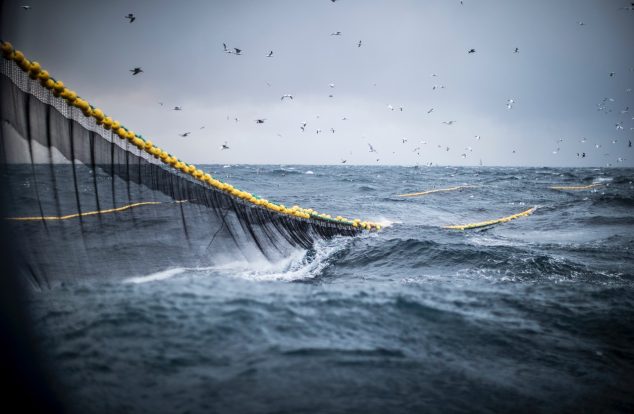
The government extends a consultation on banning bottom trawling in marine protected areas.
16 September 2025
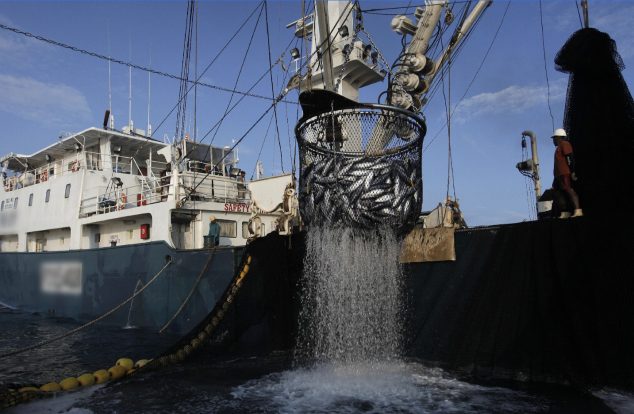
15 September 2025
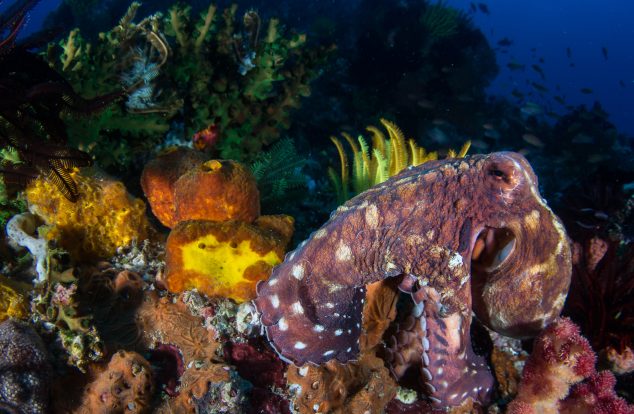
Stay informed with the latest top ocean stories—climate impacts, marine life discoveries, coastal policies, and innovations in ocean conservation.
12 September 2025
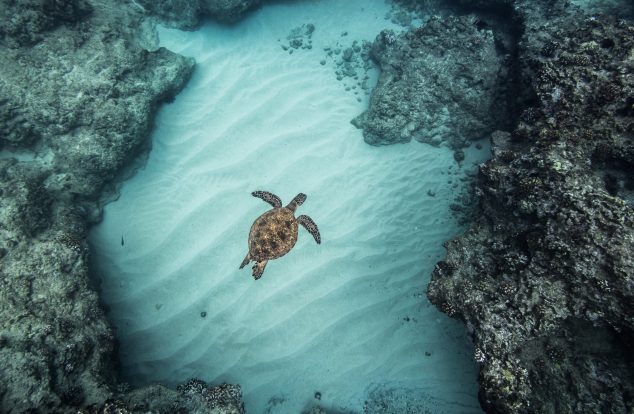
Stay informed with the latest top ocean stories—climate impacts, marine life discoveries, coastal policies, and innovations in ocean conservation.
05 September 2025
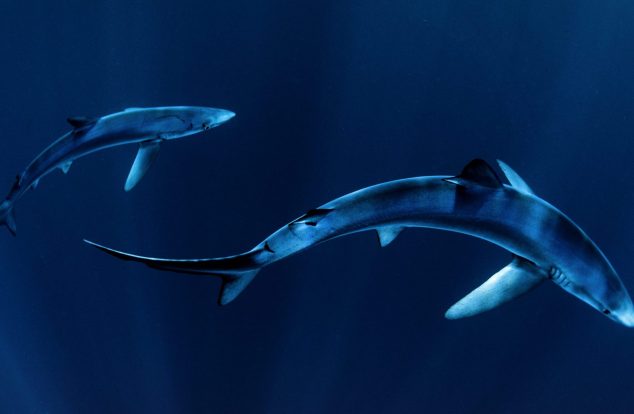
The ocean economy – valued at over $2.5 trillion annually – is underpinned by marine biodiversity. Sectors such as fisheries, tourism, coastal infrastructure and pharmaceuticals depend directly on the health and diversity of marine ecosystems.
05 September 2025
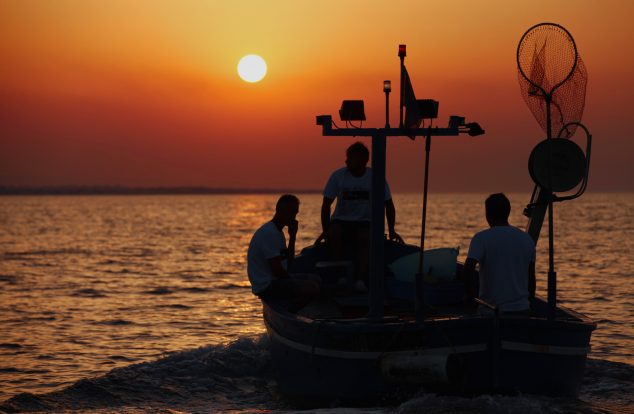
Come join us if you are interested in learning about policies that can effectively address the biodiversity, pollution and climate crises which are affecting our ocean.
05 September 2025
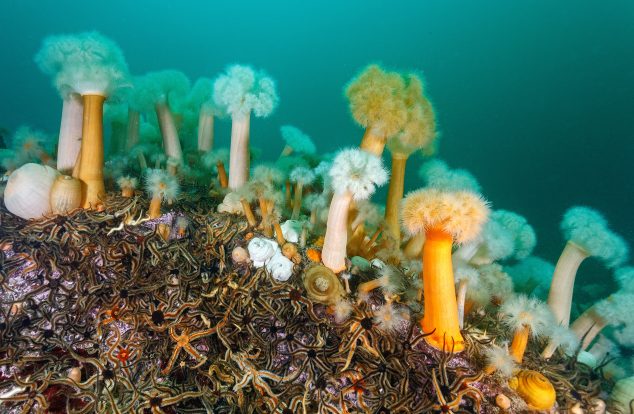
The Scottish Government has confirmed that almost 60,000-square-kilometres will now be protected from damaging fishing practices – marking a “major milestone” for Scotland’s marine environment but one that will require going further, say NGOs.
04 September 2025
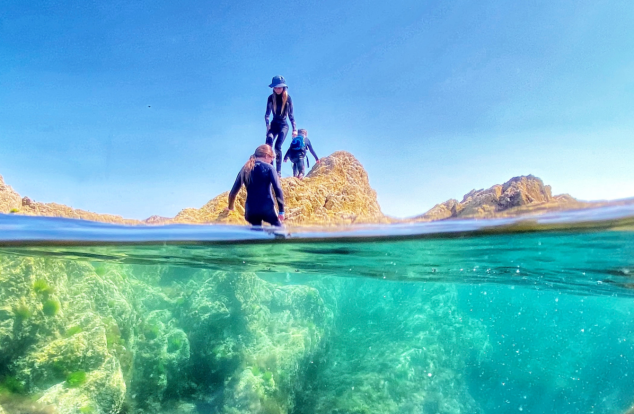
Join our Blue Education Network to gain access to innovative and hands-on ocean education opportunities for you, your students and your family.
02 September 2025
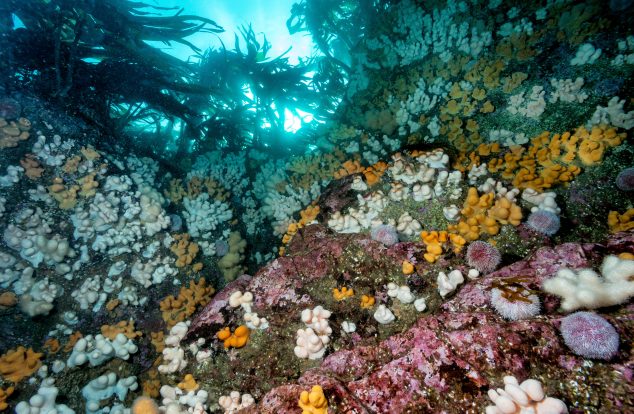
Blue Marine welcomes the Scottish Government’s decision to protect significant areas within 20 offshore Marine Protected Areas (MPAs), delivering an additional ~60,000 km² of seabed safeguarded from damaging bottom-towed fishing within MPAs.
02 September 2025
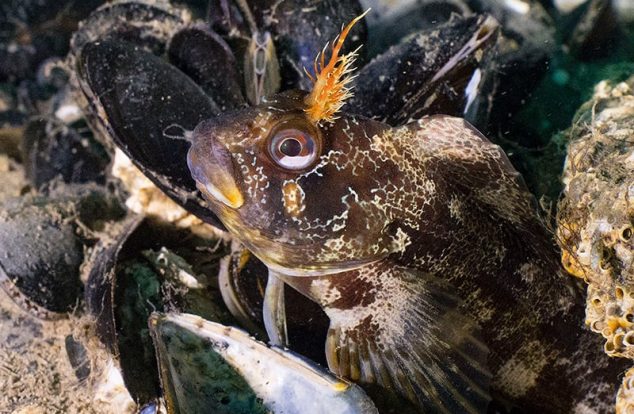
Sussex Wildlife Trust launches legal action to stop the dumping of sediment in Beachy Head West Marine Conservation Zone
01 September 2025
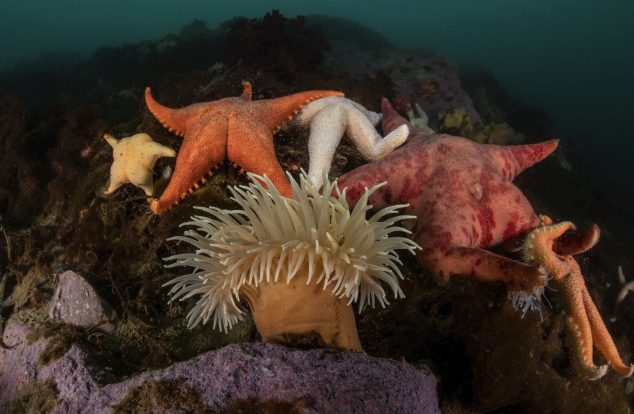
Stay informed with the latest top ocean stories—climate impacts, marine life discoveries, coastal policies, and innovations in ocean conservation.
29 August 2025
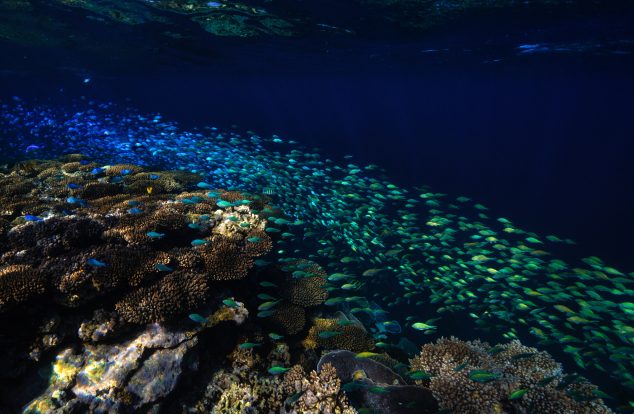
Blue Marine Yacht Club (BMYC) was launched in 2012 by Prince Albert II of Monaco, its Founding Patron, and has at its heart the health of the ocean.
27 August 2025
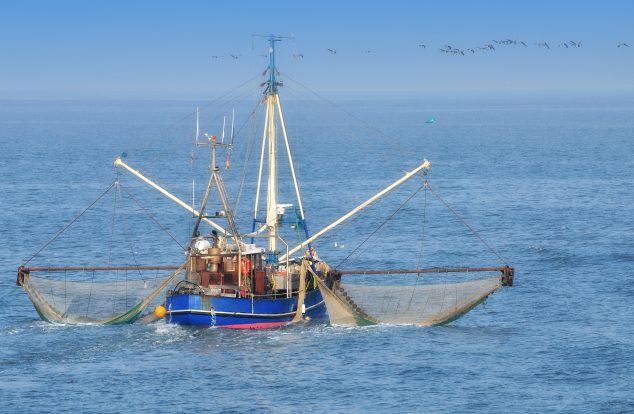
The UK government has opened a consultation regarding bottom trawling in UK marine protected areas. You can take action here.
26 August 2025
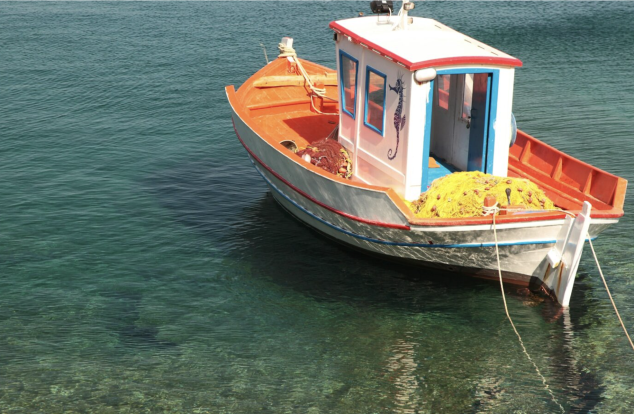
The new protected areas of Amorgos mark the first concrete step towards this national goal and can serve as an inspiring example for other regions to follow.
22 August 2025
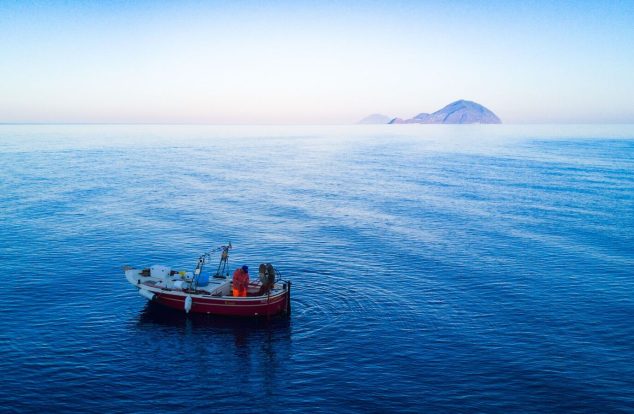
This move positions Greece to exceed the EU’s biodiversity target of protecting 30% of marine areas by 2030.
21 August 2025
We respect your privacy. By subscribing to our email list, you agree to our Terms & Conditions.
We respect your privacy. By subscribing to our email list, you agree to our Terms & Conditions.
Notifications